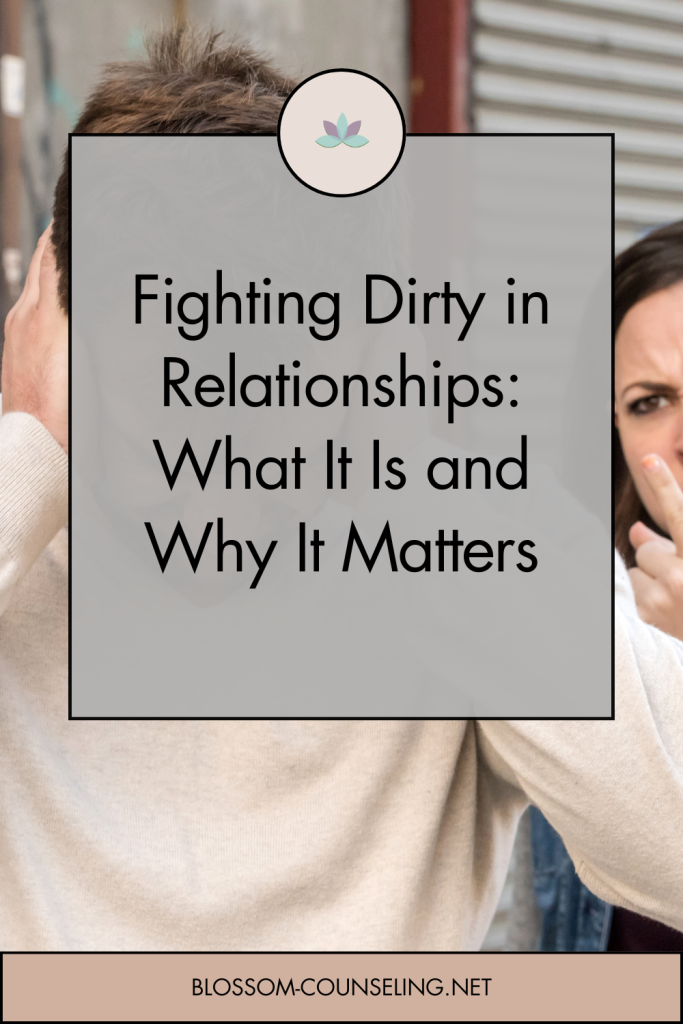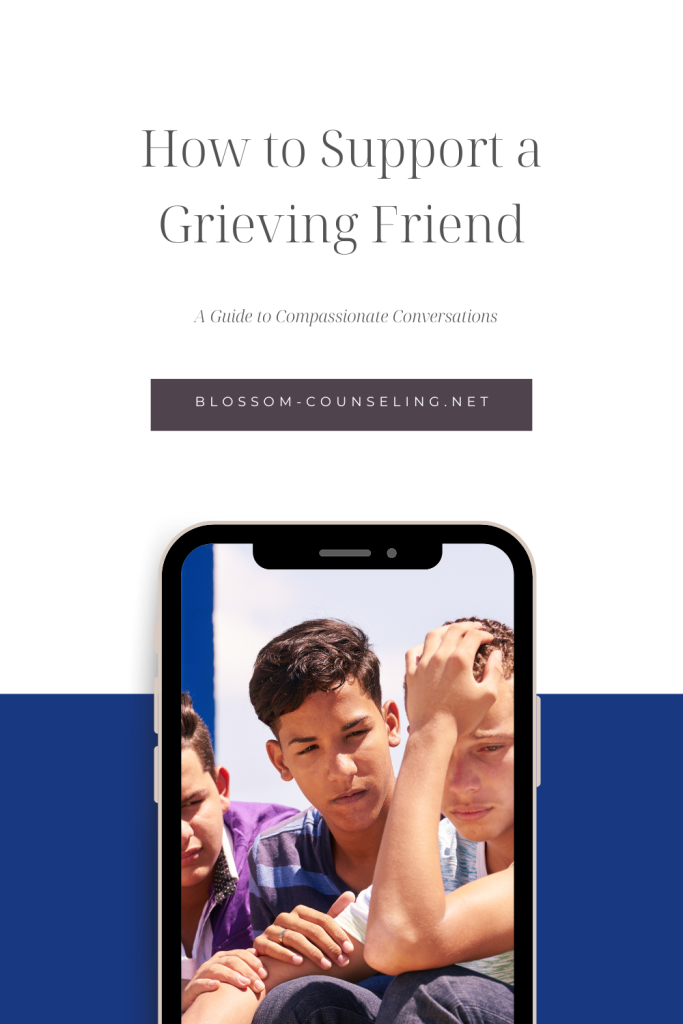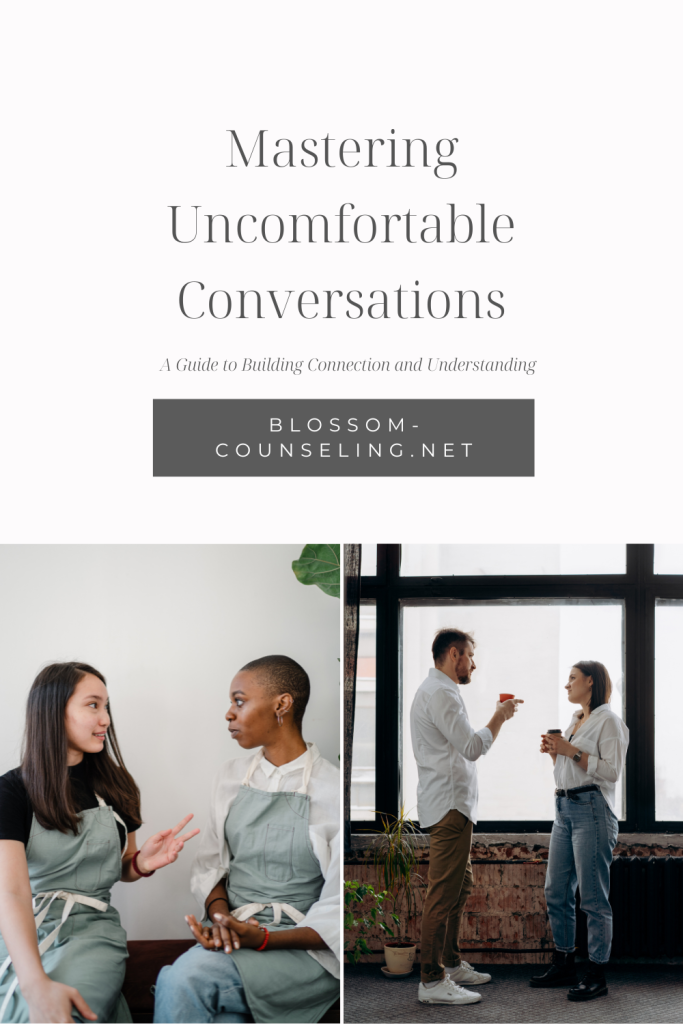
Conflict is a natural part of any relationship. In fact, disagreements can strengthen connections when handled with respect and understanding. But sometimes, fights escalate into something far less productive—what’s often referred to as “fighting dirty.” Recognizing the signs of dirty fighting is crucial for maintaining a healthy, loving relationship and avoiding long-term emotional damage.
What Does Fighting Dirty Look Like?
“Fighting dirty” refers to tactics used in arguments that aim to hurt, control, or undermine your partner rather than solve the problem at hand. These behaviors often come from a place of frustration or fear but can lead to lasting harm. Here are some common signs:
- Name-Calling and Personal Attacks
Arguments can quickly turn toxic when insults are thrown. Calling someone “lazy,” “selfish,” or worse shifts the focus from resolving the issue to damaging your partner’s self-esteem. Over time, these words can erode trust and intimacy. - Bringing Up the Past
Rehashing old mistakes during a fight is a common dirty tactic. Instead of addressing the current issue, it turns the conversation into a laundry list of grievances, leaving both partners feeling attacked and unheard. - Silent Treatment
Withholding communication as a form of punishment—also known as the silent treatment—can be just as damaging as yelling. This tactic creates distance and leaves the other person feeling rejected and powerless. - Blame-Shifting
Instead of taking accountability, dirty fighters often flip the script to avoid responsibility. Phrases like, “Well, I wouldn’t have done that if you hadn’t…” deflect attention from their actions and escalate the argument. - Using Ultimatums or Threats
Statements like, “If you don’t do this, I’m leaving,” can corner a partner into compliance rather than genuine resolution. These threats foster fear, not understanding, and create an unhealthy power dynamic. - Public Shaming
Airing grievances in front of friends, family, or on social media is another way to fight dirty. It not only embarrasses your partner but also undermines the privacy and trust of the relationship.
Why Fighting Dirty Happens
Dirty fighting often stems from deeper issues, such as fear of vulnerability, unresolved resentment, or even learned behaviors from childhood. When emotions run high, it’s easy to default to defensive tactics, especially if healthy communication skills weren’t modeled or practiced in the past.
The Fallout of Dirty Fighting
Fighting dirty can have long-term consequences for both partners and the relationship. Trust and emotional safety may deteriorate, leaving one or both people feeling isolated, unappreciated, or even afraid. Over time, this dynamic can lead to resentment and disengagement, making repair feel nearly impossible.
How to Break the Cycle
The first step in stopping dirty fights is recognizing the behavior and its impact. Pay attention to how you and your partner argue, and reflect on whether your tactics foster connection or cause harm. Replacing dirty tactics with healthier strategies like active listening, “I” statements, and setting boundaries can help rebuild trust and improve communication.
Conflict doesn’t have to feel like combat. By focusing on resolution rather than winning, couples can transform arguments into opportunities for growth and understanding. Learning to fight fair isn’t about avoiding conflict altogether; it’s about choosing respect over revenge, empathy over ego, and love over fear.
Our team of compassionate therapists is here to help you find the support you need. We believe in a holistic approach, treating your mind, body, and spirit. With a blend of traditional and alternative therapies, we tailor your experience to meet your unique needs. At Blossom, we create a non-judgmental space where you can be your authentic self. Our goal is to empower you, amplify your strengths, and help you create lasting change. Together, we’ll navigate life’s challenges and help you bloom, grow, blossom! You deserve to become the best version of you.




